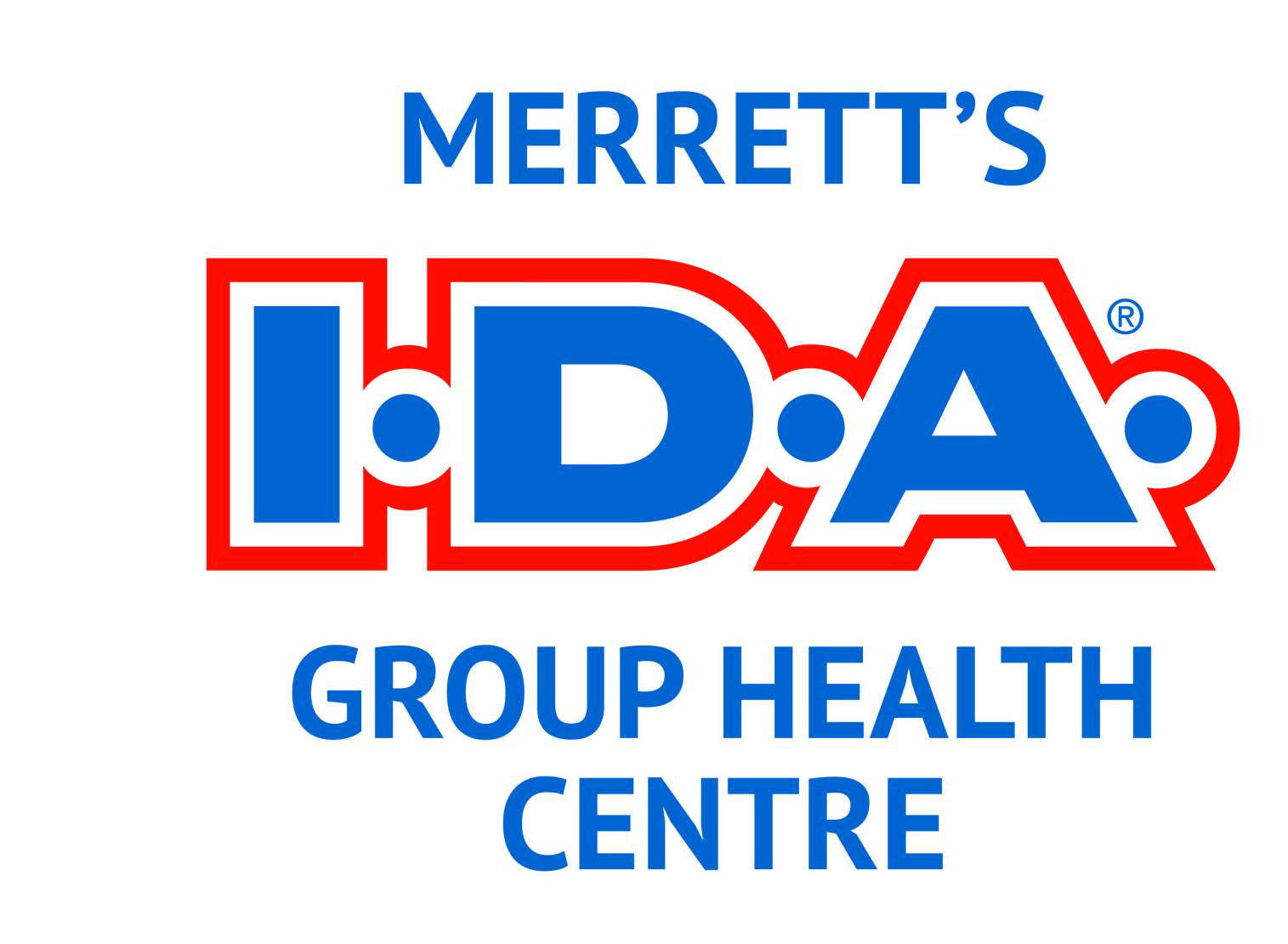Melatonin & Sleep
MELATONIN, A MODERATELY EFFECTIVE SLEEP-AID
- MELATONIN SUPPLEMENTS
Melatonin is a hormone produced by the body in reaction to variations in light. Your body produces more of it when light is dimmer (evening) and less when it’s brighter (morning).
Most supplements contain synthetic melatonin made in a lab. However it can also be extracted from the brains of some animals. Melatonin supplements come in various pill forms (e.g., regular, fast-acting, or time-release) or as a solution (drops or sprays). The choice of one over the other is a matter of personal preference.
- MODEST BENEFITS OF MELATONIN
Some studies have shown that melatonin may be beneficial in the following situations:
- For sleep problems in visually impaired people
- For sleep problems related to jetlag
- For delayed sleep phase syndrome (the person only manages to fall asleep late at night and has difficulty waking up in the morning; common in adolescence)
- For sleep problems related to variable shift work (especially people on night shifts)
Melatonin supplements do not appear to be effective for people who wake during the night and are unable to fall asleep again.
- SAFE, IN THE SHORT TERM
Since it is not known whether long-term use of melatonin can have a harmful effect on sleep or health, melatonin supplements should only be taken for short periods.
Melatonin is generally well tolerated. However, it can sometimes cause adverse side effects like nausea, headaches, dizziness, or persistent drowsiness upon waking.
- USE WITH CAUTION IF YOU TAKE MEDICATION
Before taking melatonin, talk to your pharmacist, as supplements may interact with certain medications.
- GOOD BEDTIME ROUTINE IS KEY
Sleep disorders are often the result of poor sleep habits or factors than can be altered or eliminated.
- Try to go to bed and get up at the same time every day. Avoid sleeping in more than two hours on your days off.
- Avoid stimulating activities, copious meals, and excessive alcohol intake within two hours of bedtime.
- Avoid caffeine at least four hours before bedtime.
- Refrain from using light-emitting devices (TV, computer, tablet, smartphone) at least one hour before bedtime, and dim ambient light in the evening.
- Do a calm or relaxing activity before going to bed, e.g., reading, taking a bath, meditation, etc.
If, despite your efforts, you are still having trouble sleeping, consult your pharmacist. If you are taking medication, it may have an impact on your sleep. If so, they will recommend a solution for your specific needs.
